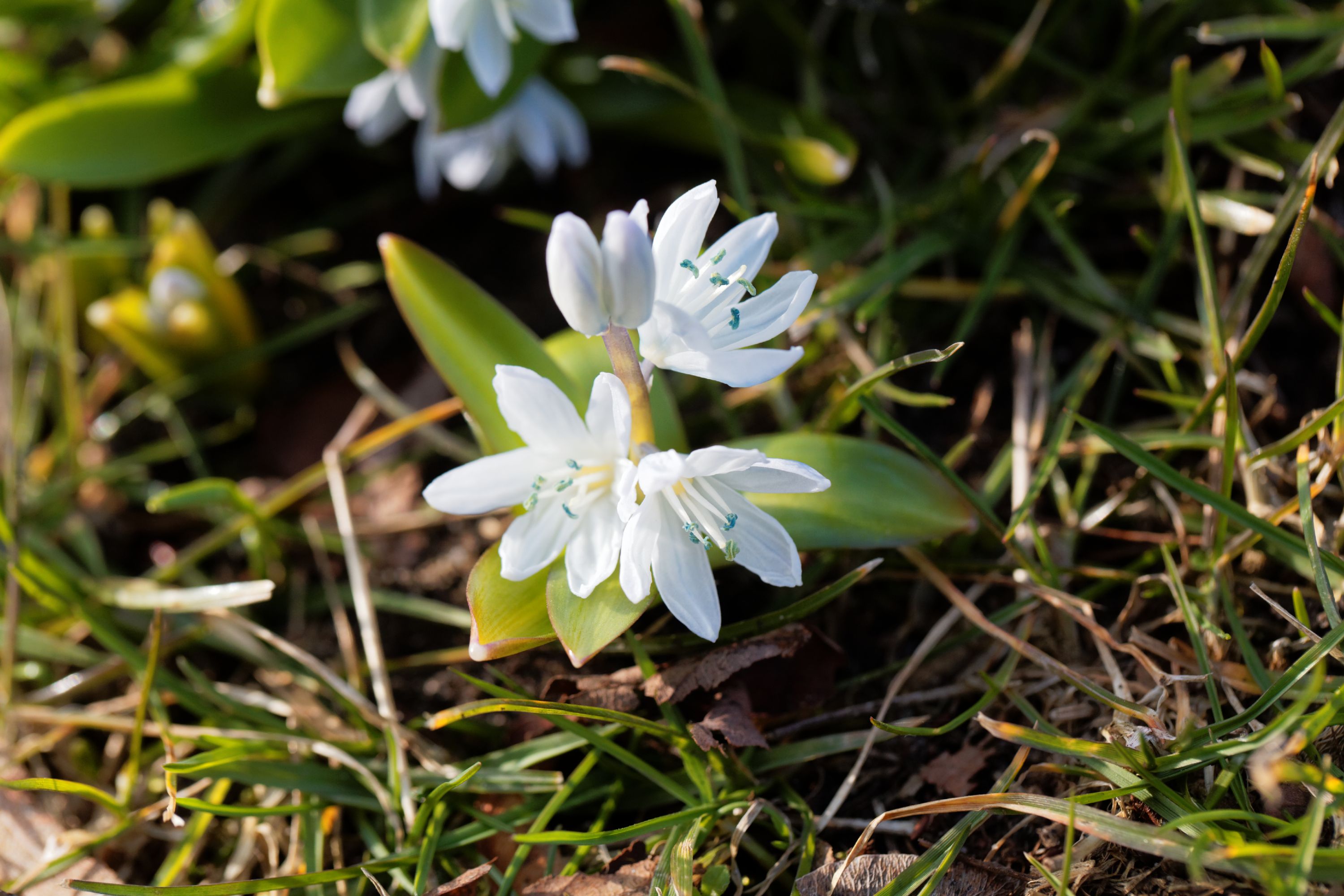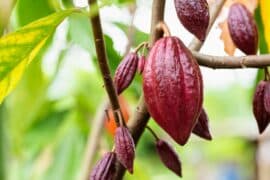Mishchenko
(Scilla mischtschenkoana)

Description
Scilla mischtschenkoana, the Mishchenko or Misczenko squill, early squill or white squill, is a perennial plant that is native to the South Caucasus and northern Iran. Each plant grows from a small bulb, with 2-3 strap shaped leaves and pale blue flowers with darker veins, blooming in early spring or late winter. Plants reach 5 to 15 cm (2.0 to 5.9 in) high and approximately 5 cm (2.0 in) wide. S. mischtschenkoana and the cultivar 'Tubergeniana'have gained the Royal Horticultural Society's Award of Garden Merit. Scilla is a genus of about 50 to 80 species of bulb-forming perennial herbaceous plants in the family Asparagaceae, subfamily Scilloideae. Sometimes called the squills in English, they are native to woodlands, subalpine meadows, and seashores throughout Europe, Africa and the Middle East. A few species are also naturalized in Australia, New Zealand and North America. Their flowers are usually blue, but white, pink, and purple types are known; most flower in early spring, but a few are autumn-flowering. Several Scilla species are valued as ornamental garden plants. Scilla has most recently been classified as belonging to the family Asparagaceae, subfamily Scilloideae; that subfamily was formerly treated as a separate family, Hyacinthaceae. Prior to that it was placed in the tribe Hyacintheae of the family Liliaceae. The precise number of Scilla species in the genus depends on which proposals to split the genus are accepted. Other proposals separate particularly the Eurasian species into a number of smaller genera such as Othocallis Salisb., e.g. Scilla siberica would become Othocallis siberica. The common bluebell of British and European bluebell woods, still occasionally referred to by a former name, Scilla non-scripta, is now known as Hyacinthoides non-scripta. Several African species previously classified in Scilla have been removed to the genus Ledebouria. The best known of these is the common houseplant still sometimes known as Scilla violacea but now properly Ledebouria socialis. Many Scilla species, notably S. siberica and members of section Chionodoxa, are grown in gardens for their attractive early spring flowers. Both the scientific genus name scilla and the common word squill derive, via French and Latin, from the Greek word skilla meaning squill, Urginea maritima.
Taxonomic tree:







